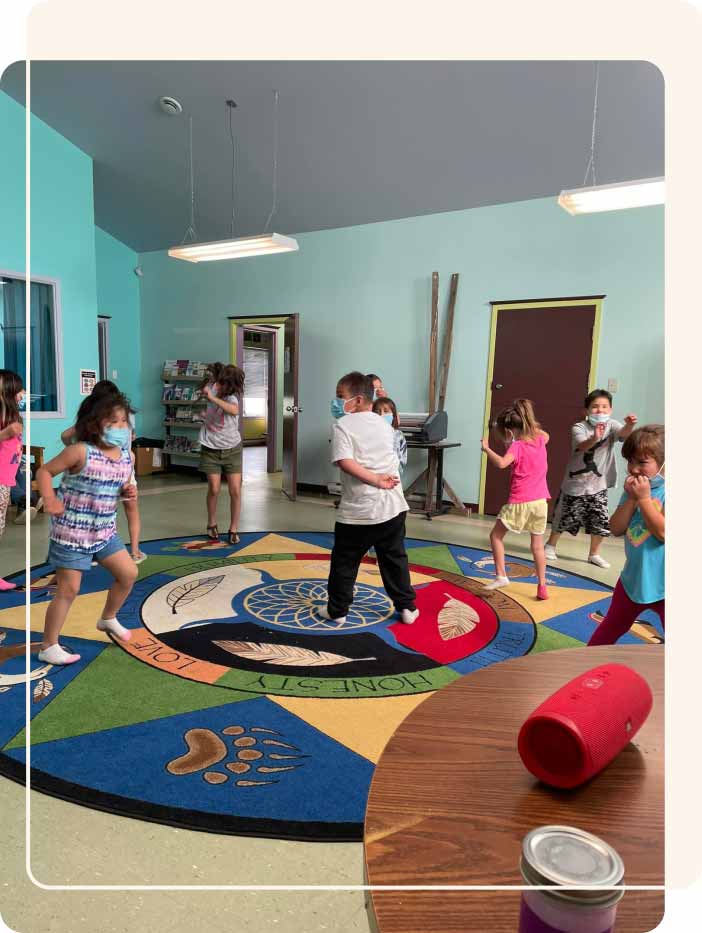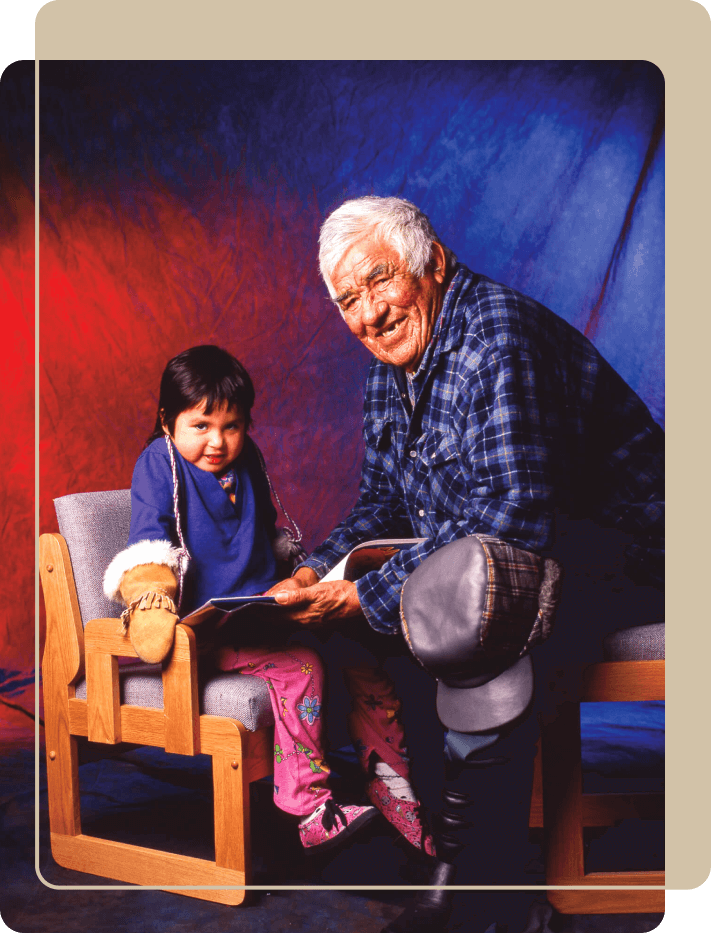Our Way
Our Culture
Our Languages
The First Nations Confederacy of Cultural Education Centres is a national organization that supports education-related programs and initiatives that help promote, revitalize, and preserve First Nations languages and cultures.


Cultural Centres
Our Cultural Education Centres play an essential role in developing and delivering language and cultural programs to our communities. In addition, they have been instrumental in providing support and healing programs to Residential School Survivors and Indian Day School Survivors.
Our Cultural Centres work closely with the FNCCEC to move toward a path of healing, relationship building, revitalization, and reconciliation. We welcome all visitors and community members to explore our over fifty cultural centres and learn about the distinct cultures and traditions of First Nations people.
First Nations Languages - ILC Funding Program
The First Nations Language ILC Funding Program is a Canadian Heritage initiative which supports the efforts of First Nation communities and organizations to reclaim, revitalize, and strengthen First Nation languages.

I want to recognize the instrumental role our cultural centres play in the revitalization and promotion of First Nations languages and cultures. Although each centre has its own unique story to tell, they share a common thread in their desire to work together to build relationships with Canadian communities.
CEO of the First Nations Confederacy of Cultural Education Centres